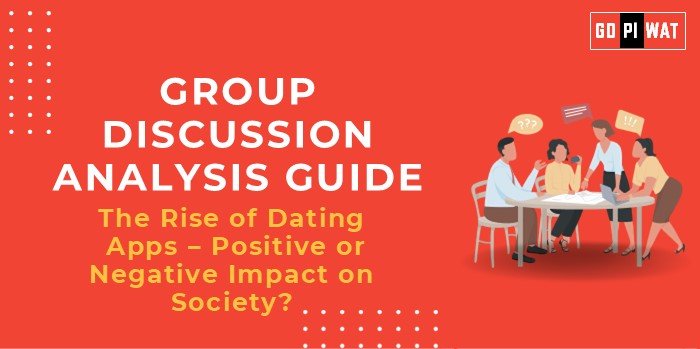📱 The Rise of Dating Apps – Positive or Negative Impact on Society?
🌟 Introduction
Dating apps have transformed human connections, blending convenience with a profound shift in social dynamics. With over 400 million users globally, these platforms are redefining relationship norms, sparking discussions about their societal benefits and drawbacks.
🏆 Achievements
- Accessibility: Dating apps democratize relationships, breaking geographical and social barriers.
- Empowerment: Platforms like Bumble empower women with safety-focused features.
- Inclusion: LGBTQ+ representation has flourished in online dating spaces.
- Economic Growth: A projected $8.5 billion market by 2025 underscores their financial impact.
⚠️ Challenges
- Mental Health Concerns: Linked to anxiety, self-esteem issues, and app addiction.
- Privacy Issues: Data breaches and misuse of personal information pose significant risks.
- Shallow Interactions: Critics argue apps foster transactional rather than meaningful relationships.
🌍 Global Comparisons
- India: Adapting culturally, with 20% of users finding long-term relationships through apps.
- USA: High adoption rates, yet growing dissatisfaction with hookup culture.
- China: Strict regulations emphasize data privacy and user protection.
🔮 Future Outlook
- AI Integration: Improved algorithms for better matchmaking and user satisfaction.
- Regulations: Strengthened data protection laws to address privacy concerns.
- Niche Platforms: Catering to specific cultural, religious, or lifestyle preferences.
📈 Conclusion
Dating apps encapsulate the duality of technological progress—enabling connections while challenging traditional norms. Their societal impact hinges on responsible innovation, robust regulations, and user awareness. By addressing challenges like privacy and mental health, these platforms can evolve into tools for fostering meaningful relationships in an increasingly digital world.


